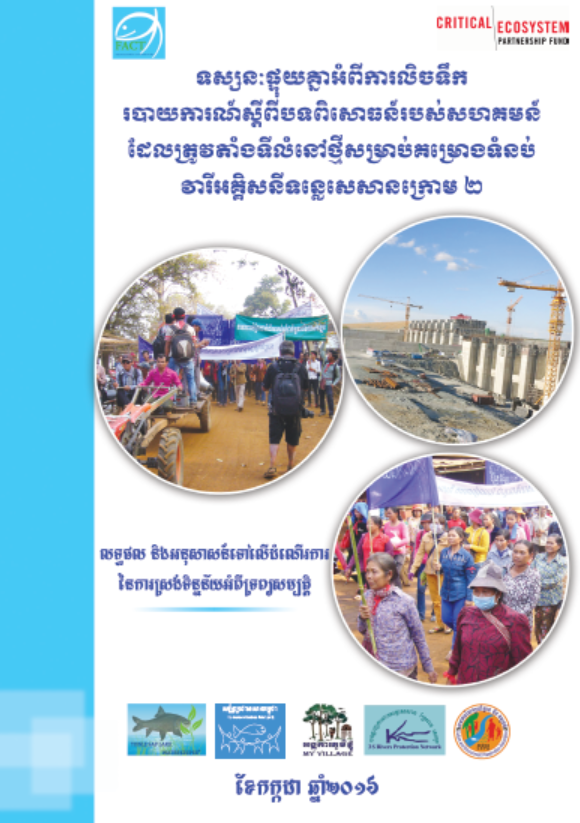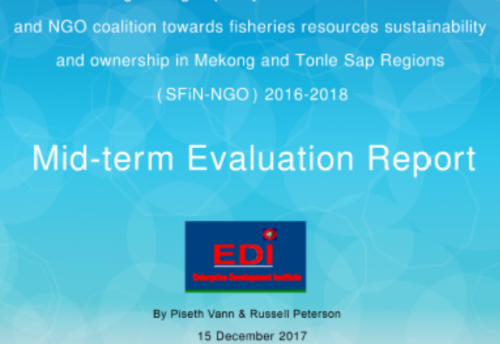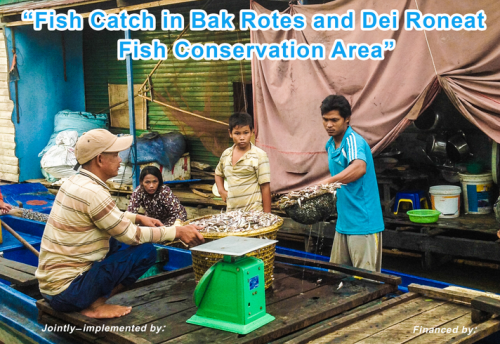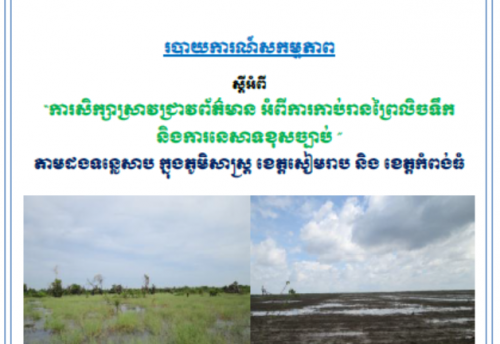
Summary of findings
The findings from the community questionnaires indicate that there were widespread
and systematic issues with the way the asset survey was conducted. They demonstrate
that in many cases, the rights of the villagers to adequate information and consultation
throughout the process were not respected.
The results show that significant numbers of people who agreed to participate in the
asset survey did so without free and informed consent. On the contrary, there is strong
evidence to suggest that villagers were coerced, either explicitly or implicitly, into
participation and therefore did so under duress. This raises serious questions about
the legality of the asset survey process. If the survey documents thumbprinted by
the villagers are taken to be contractual arrangements by the CRC and the project
developers, the circumstances under which many of the thumbprints were obtained
may breach requirements of Cambodian law on contracts. Under the law, contractual
agreements are invalid where they do not result from a real and free agreement, or
involve mistaken information or the use of duress or misrepresentation to obtain
agreement.

















Leave a Reply